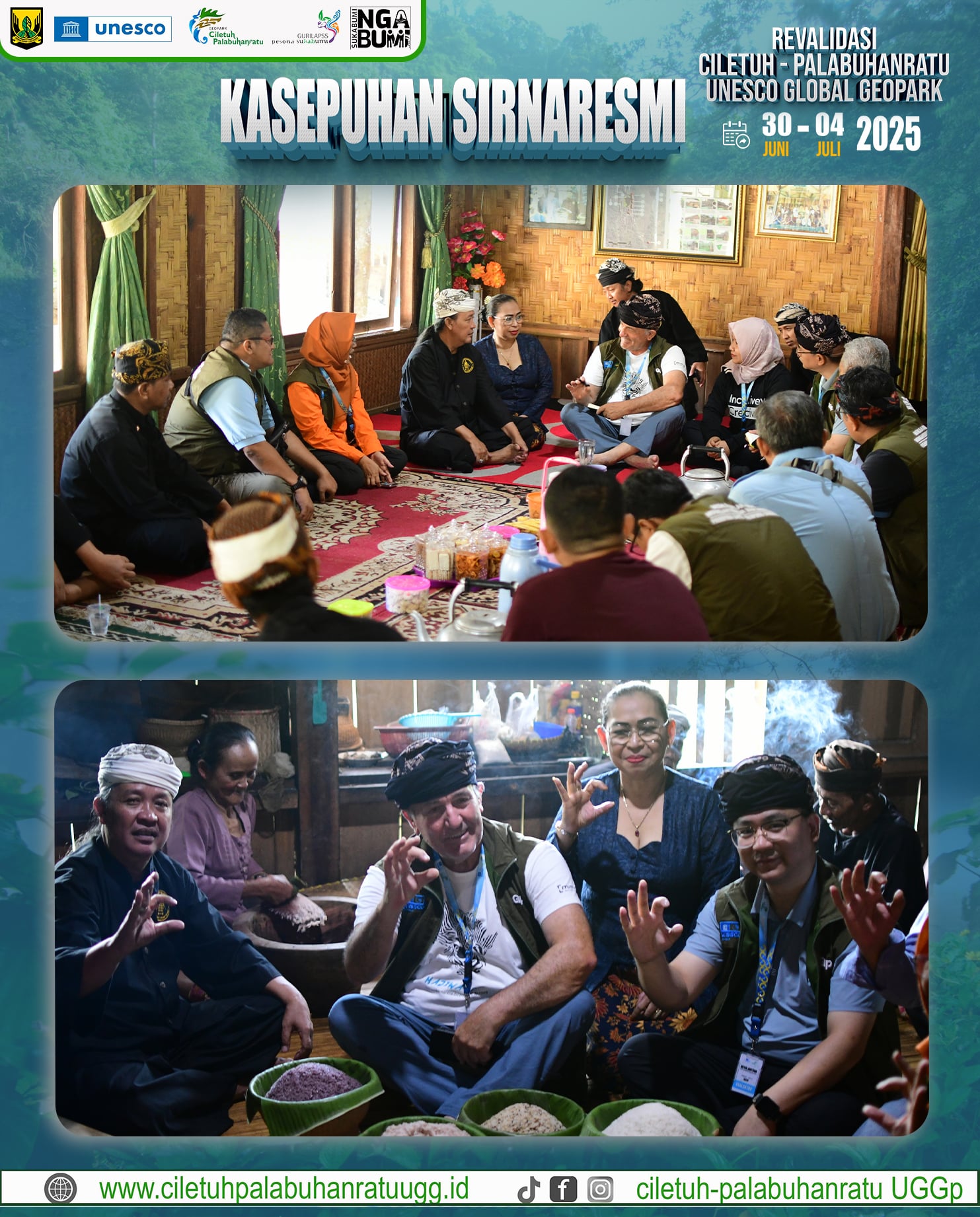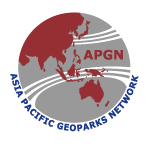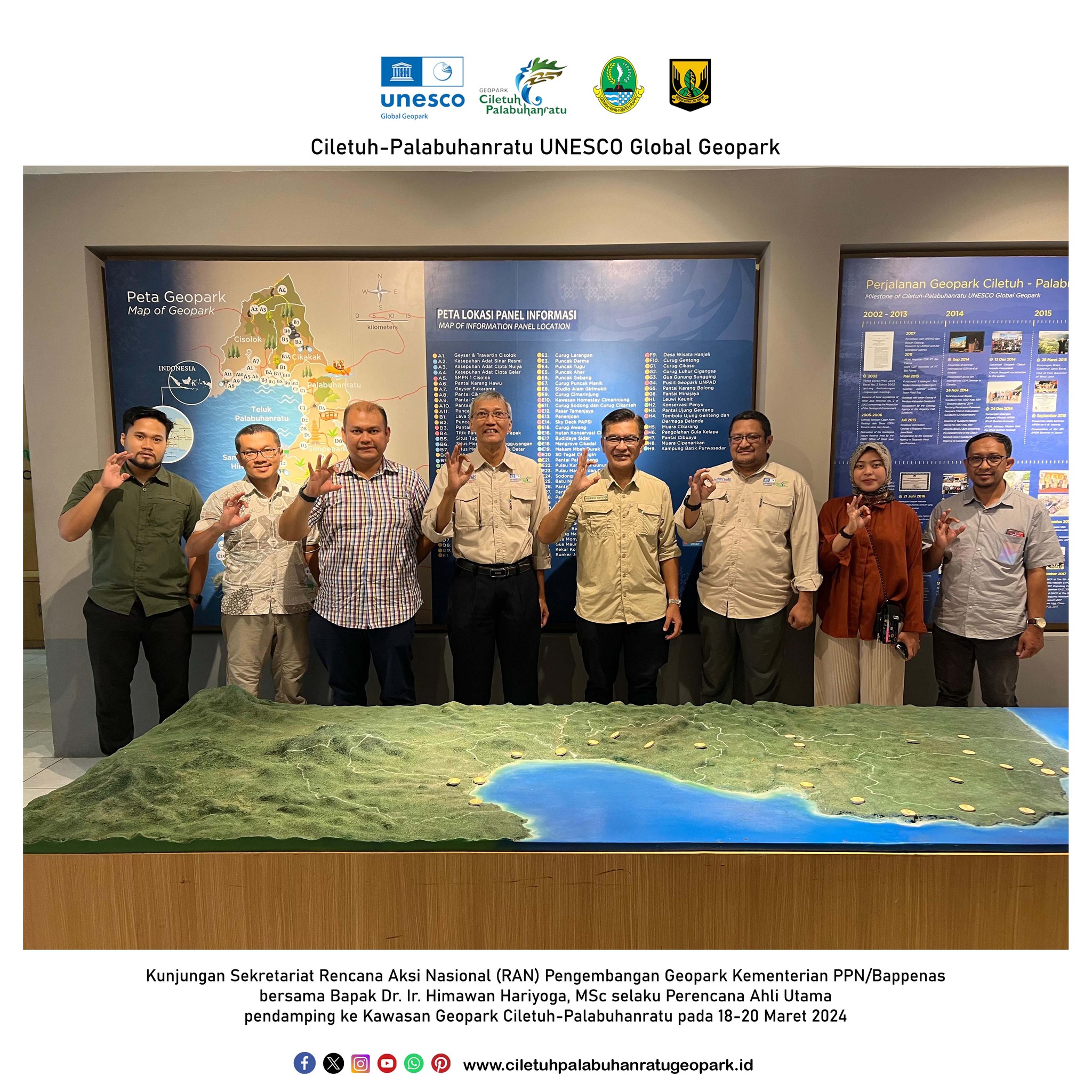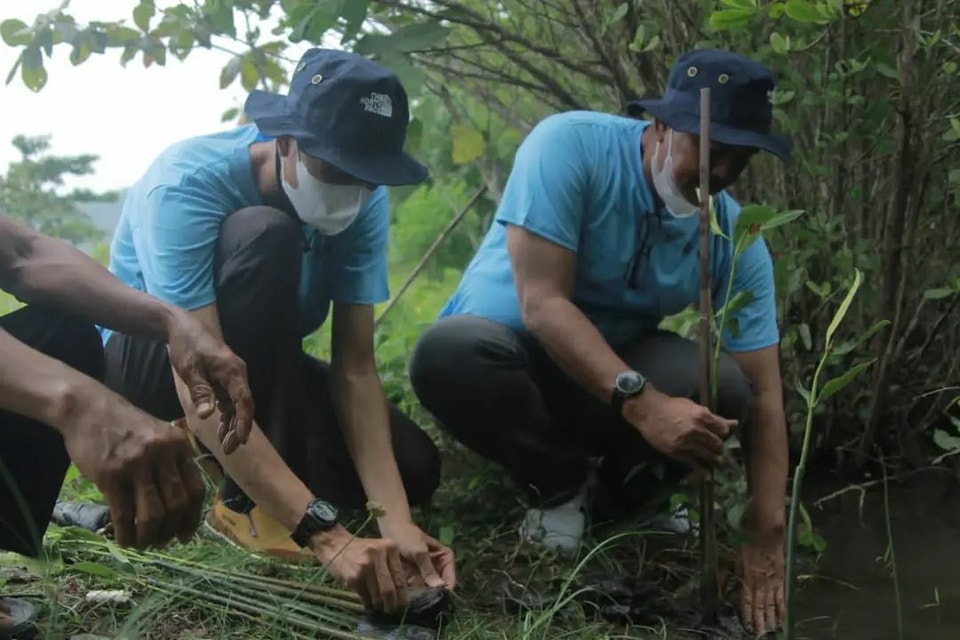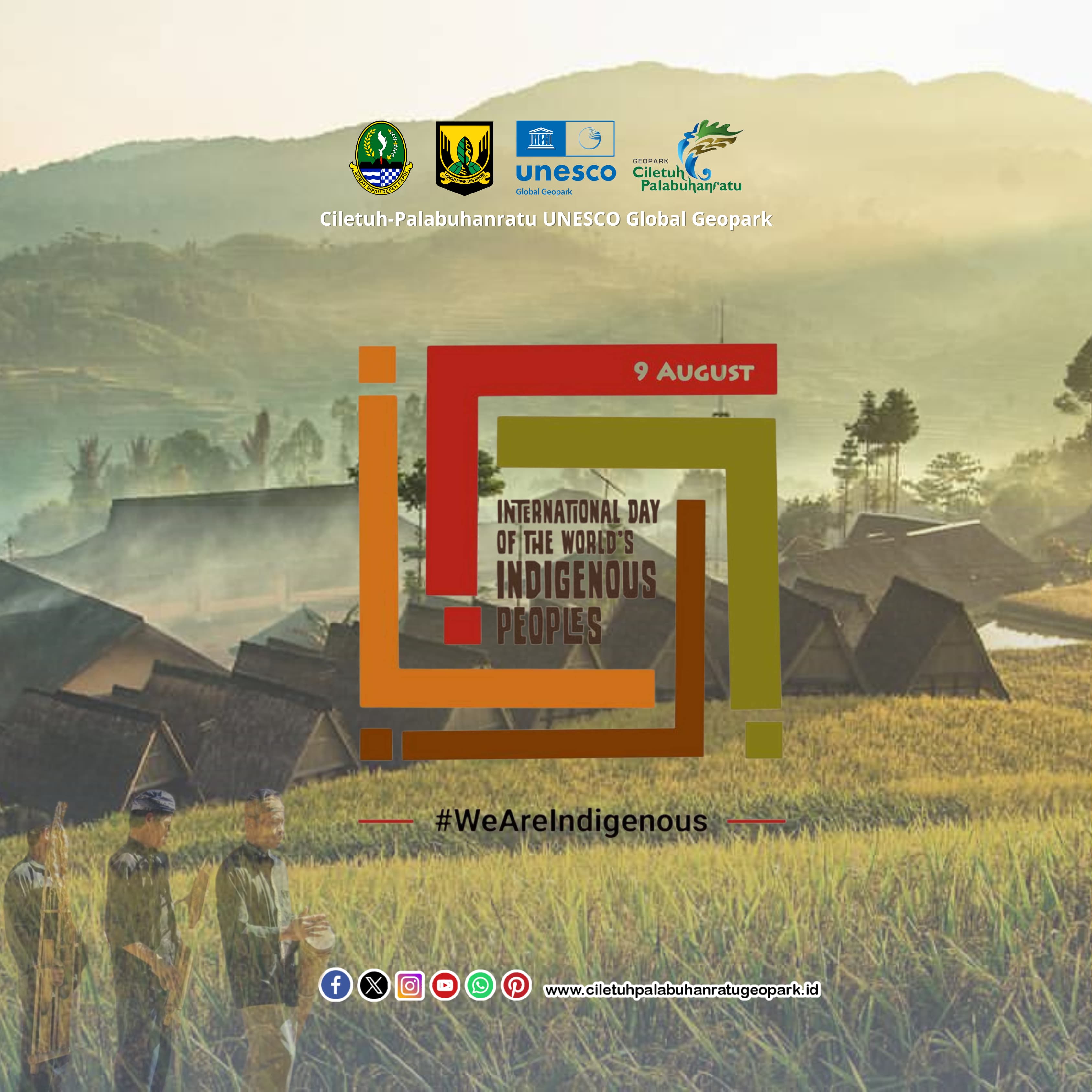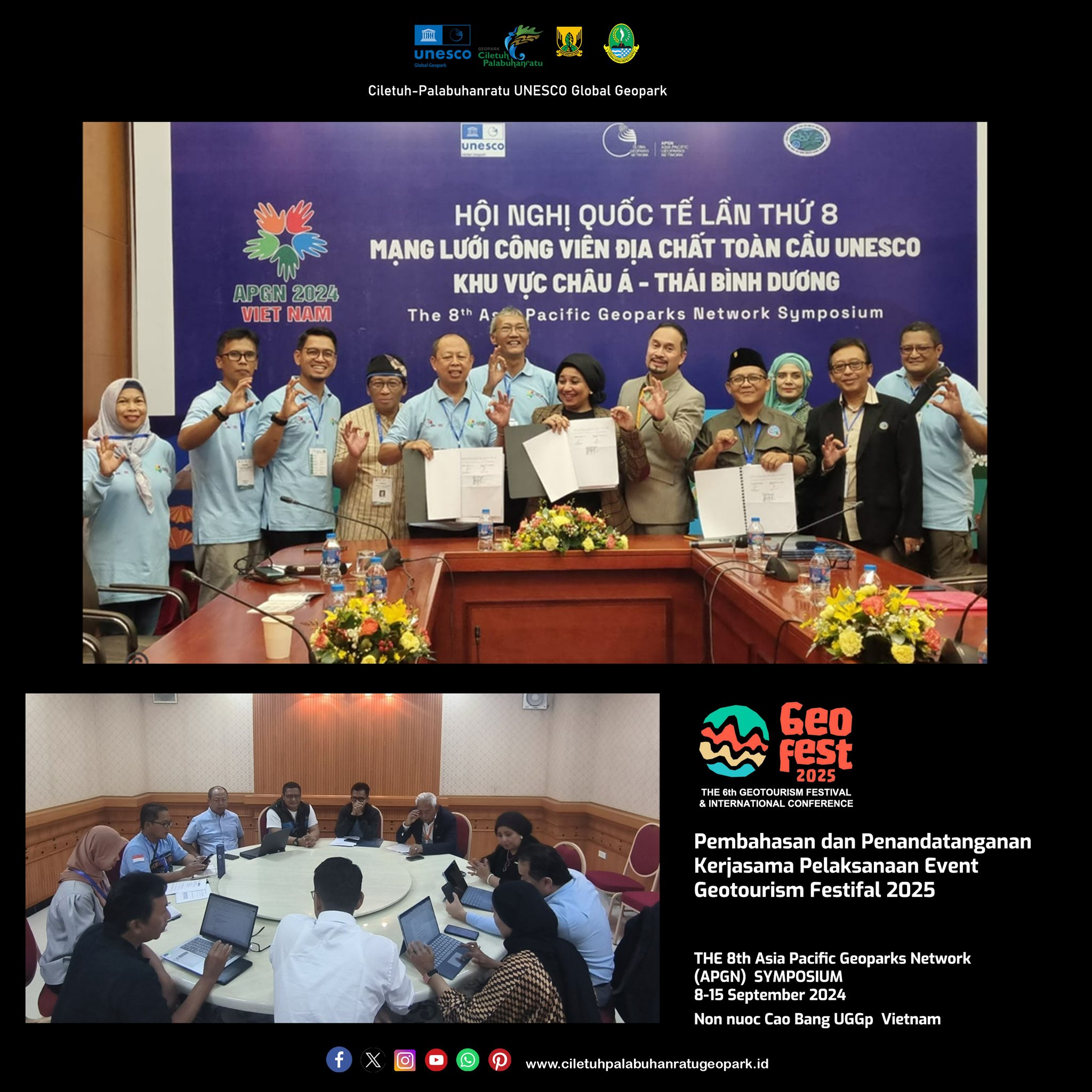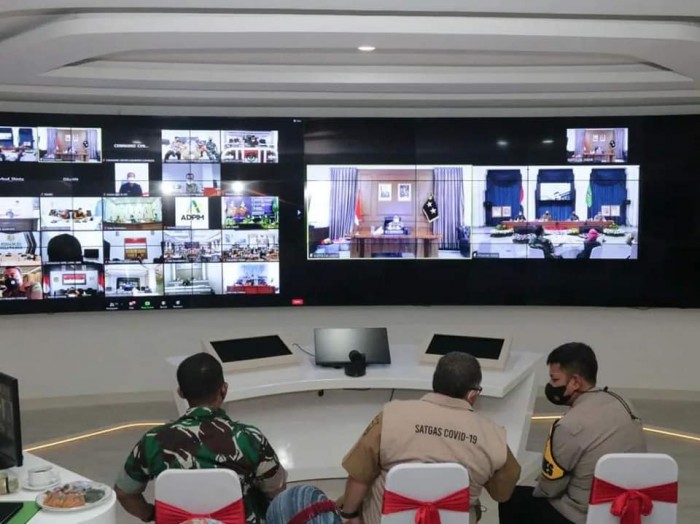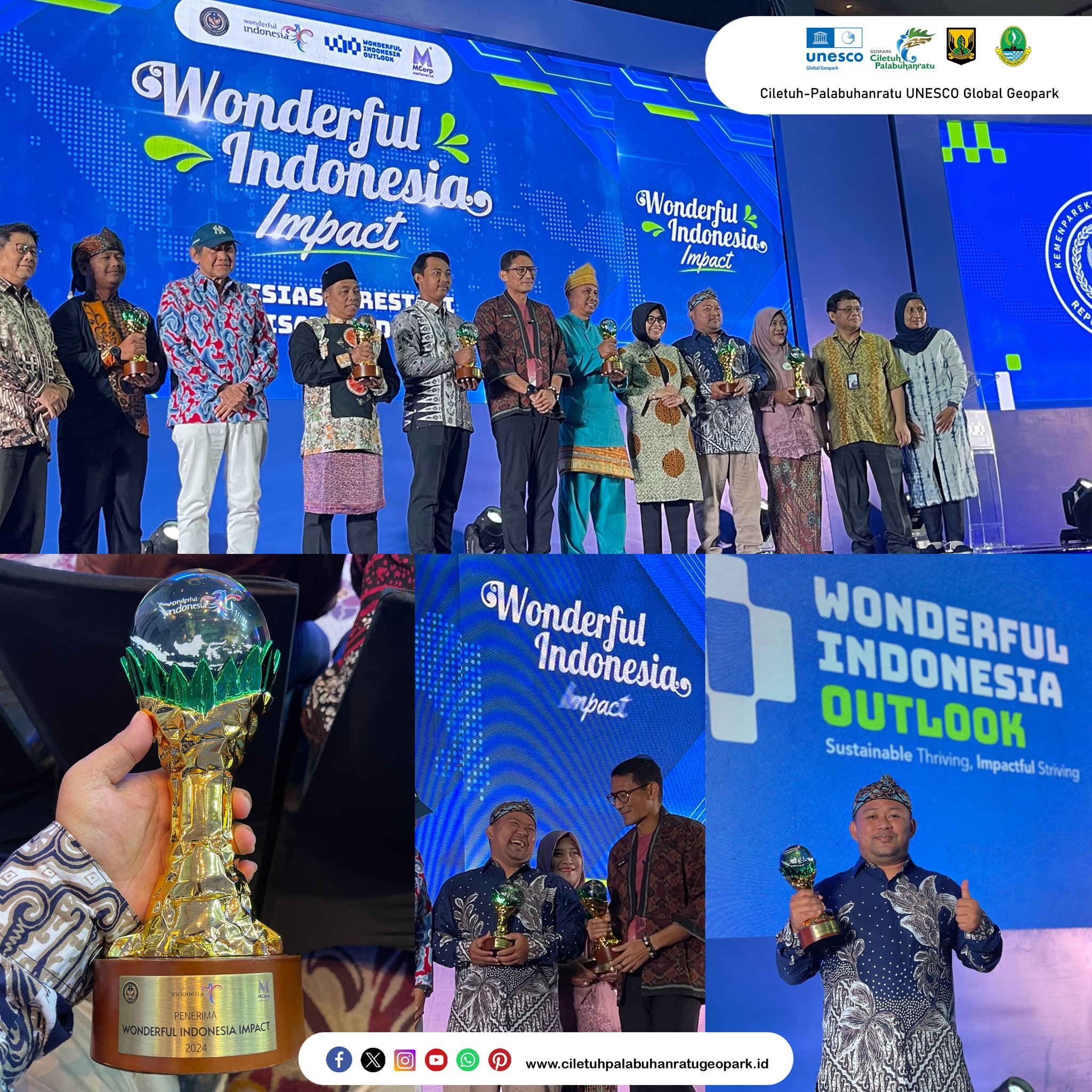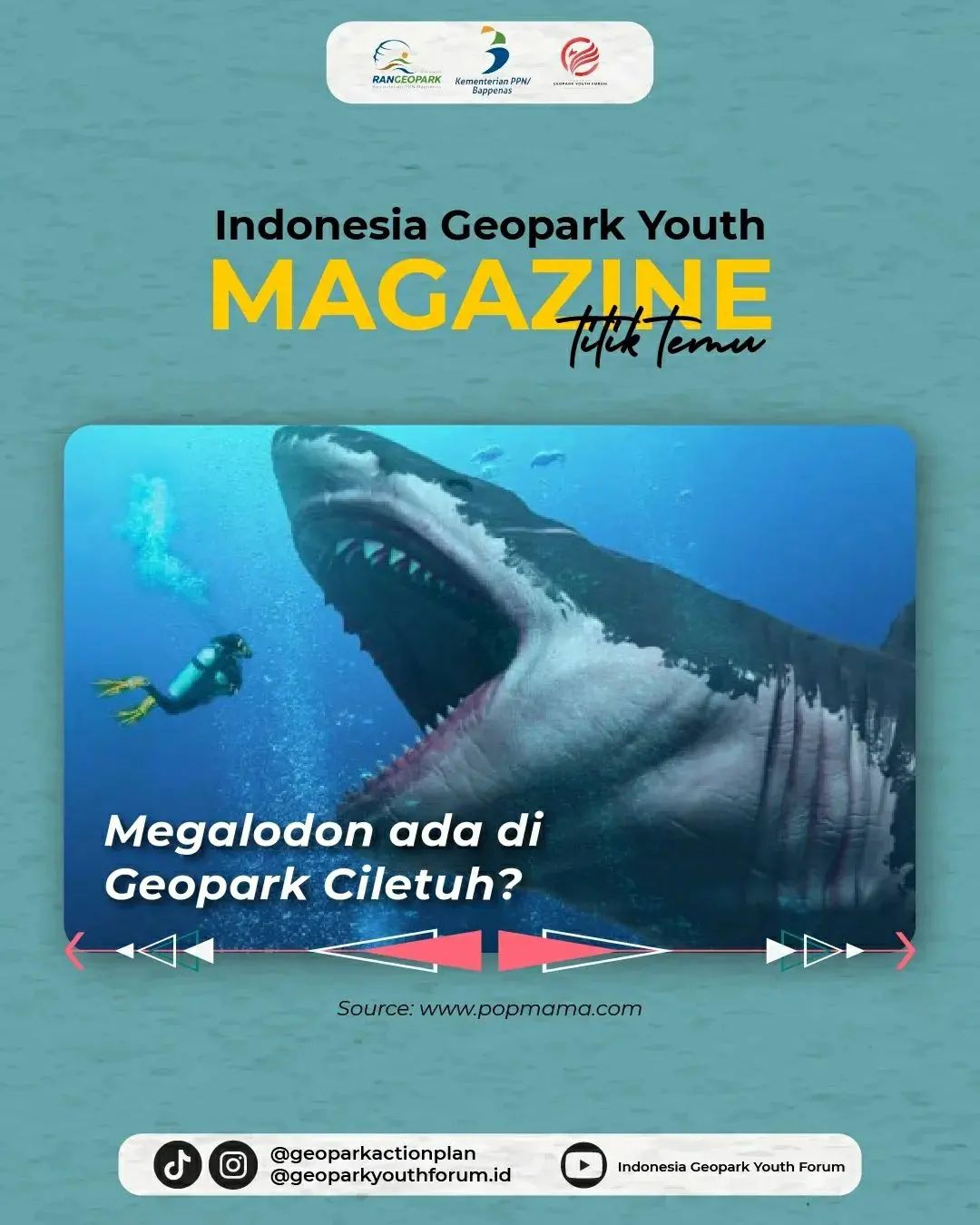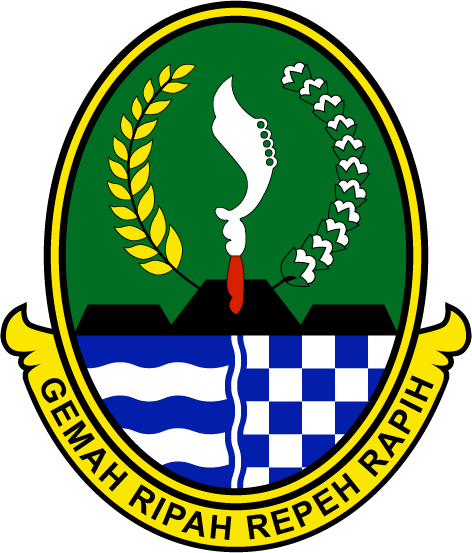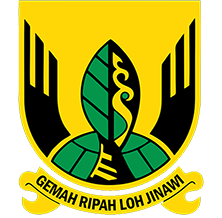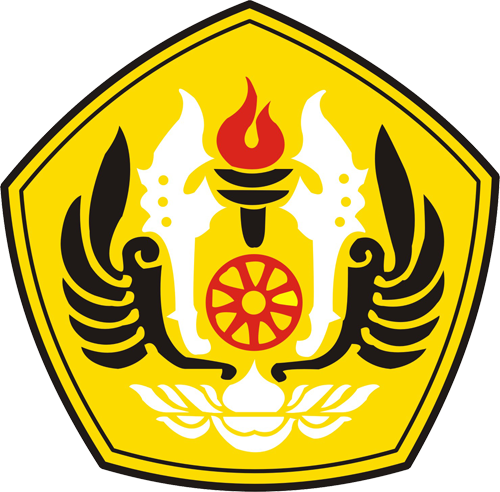Sukabumi, July 3, 2025 - The visit of the UNESCO Global Geopark Council assessor team, Bojan Rezun from Slovenia and Zhang Chenggong from China, to the Kasepuhan Sinarresmi Traditional Village was one of the most memorable moments in the revalidation process for the Ciletuh-Palabuhanratu UNESCO Global Geopark (CPUGGp). In this traditional village, the assessors were welcomed with a sacred traditional procession, traditional arts performances, and a warm and meaningful traditional feast.
Kasepuhan Sinarresmi is one of the oldest traditional villages in Sukabumi Regency, still upholding ancestral values in their daily lives, from spatial planning and agricultural systems to living in harmony with nature. Their commitment to cultural and ecological preservation has long been a vital part of the CPUGGp ecosystem.
"Cultural aspects like these are crucial in a geopark. Here, we witnessed how ancestral values coexist with conservation and become a unique attraction for tourists," said Zhang Chenggong.
Meanwhile, Bojan Rezun praised the indigenous community's determination to maintain its identity. "This is a global asset. It's not just about the beauty of the landscape, but also about how humans coexist with nature within a deep and sustainable philosophy."
The Head of the Sukabumi Regency Tourism Office, Sendi Apriadi, S.STP., M.Si., who accompanied the visit, stated that the existence of Kasepuhan Sinarresmi is an invaluable cultural force for the development of values-based tourism.
"This traditional village never changes with trends—in fact, it serves as an inspiration amidst a changing world. This is tourism based on true local wisdom," said Sendi. He added that the presence of indigenous communities as part of the geopark narrative makes CPUGGp more than just a geological area. "CPUGGp is not just about rocks, waterfalls, or beaches, but also about people, values, and a living cultural heritage," he continued.
This visit strengthens CPUGGp's position as a model geopark area that adheres to the principles of sustainable tourism, namely integrating nature conservation, cultural preservation, and community empowerment. With this collaborative spirit, optimism in the revalidation process is interpreted not merely as a means of maintaining UNESCO status, but rather as a strategic means of re-grounding perspectives on how to redefine the concept of a more sustainable natural ecosystem, while actualizing the empowerment of indigenous and local communities as key actors in sustainable, sovereign, and prosperous tourism development.
Author: Ilham M Saputra.
